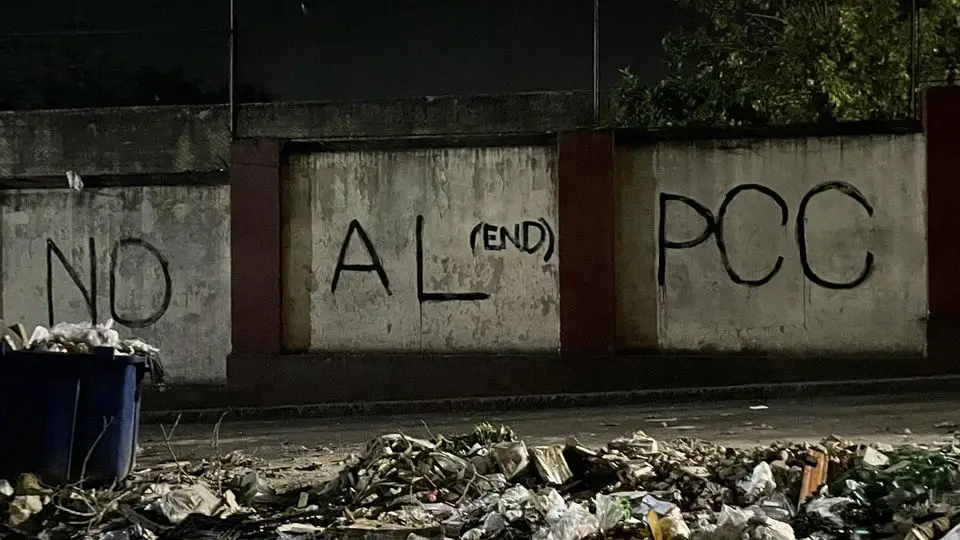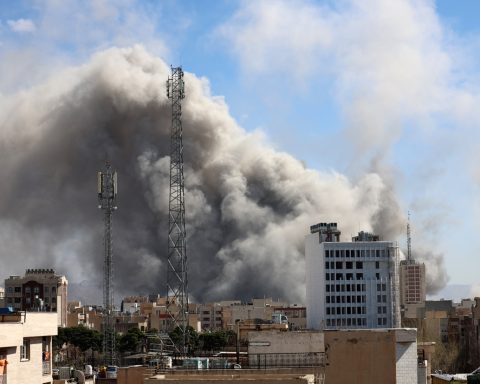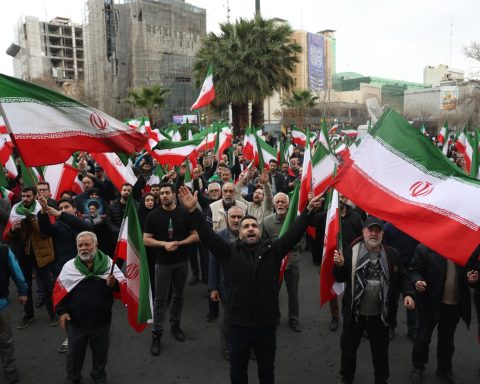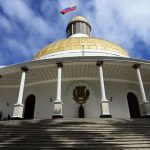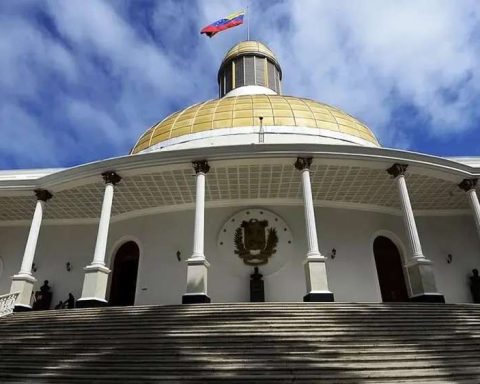MIAMI, United States. — The Cuban Conflict Observatory (OCC), an autonomous project of independent civil society supported by the Foundation for Human Rights in Cuba, reported 372 public protests on the island during the month of March.
Demands for hunger and graffiti on the streets and walls were some of the manifestations of discontent registered by the OCC in a month where more than two million Cubans rejected the call to vote for the sole candidates of the Communist Party (PCC) for the National Assembly of the Popular power.
Latest report The Observatory points out that all the public protests recorded in March were spontaneous, mostly channeled through digital media and social networks.
According to the OCC, the 372 protests contrast with the 711 reported in February because the platform decided “not to include in its monthly compilation dozens of actions linked to six permanent campaigns carried out by some 200 activists in at least 13 provinces of the island”.
The Cuban Conflict Observatory recalled that for the first time in four months of graffiti on walls and streets. The slogans “Down with the Dictatorship, the Murderous Castros”, “Down with the Dictatorship” and “No to the CCP” they were left in a corner of Centro Habana and in parks and squares of the University of Havana, respectively.
The 372 protests recorded in March by the OCC represent an increase of 60.3% compared to those registered in the same month last year (232).
Likewise, the contested expressions compiled occurred in the 15 provinces of the island and the special municipality of Isla de la Juventud, unlike February, when they occurred in 13 provinces. In this sense, the most active province was Havana with 126 protests, while the rest were distributed more or less evenly among the other territories.
The platform points out that Cuba is going through “a brutal economic crisis about which senior leaders shamelessly stated in March that they have no idea how to overcome it. Although the crisis is multiple, two key indicators continued in a downward spiral and increased the despair of Cubans: food and public health.
